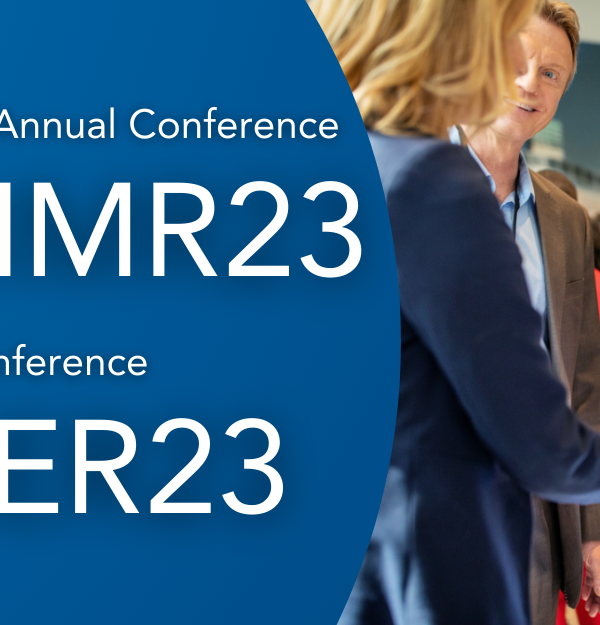The 2023 PRIM&R Conference (PRIMR23) and the 2023 SBER Conference (SBER23) are fast approaching! We are thrilled to reconnect with…
Read MoreBy Elena Ghanaim and Jonathan Lawson The NIH Data Management and Sharing (DMS) Policy is a watershed moment for the…
Read More“As an increasing number of laws are considered and passed to limit reproductive rights throughout the United States, what impact…
Read MoreBy Emily E. Anderson, Stephanie Solomon Cargill, and Ryan Spellecy Engaging communities in research beyond mere enrollment is not new…
Read MoreOver 400 speakers will join PRIM&R during the first in-person annual conference since 2019. The 2023 PRIM&R Conference (PRIMR23) and…
Read More




